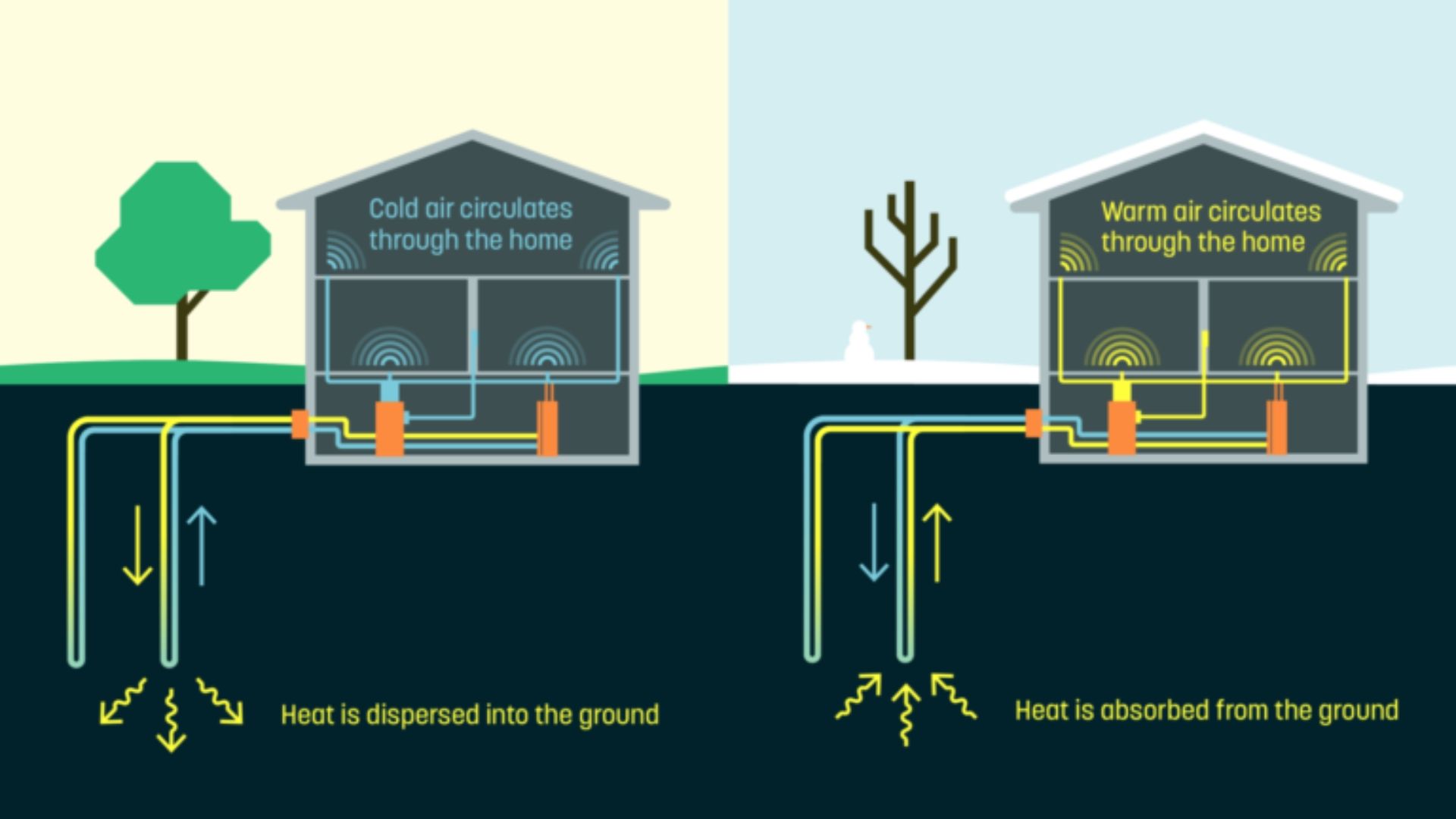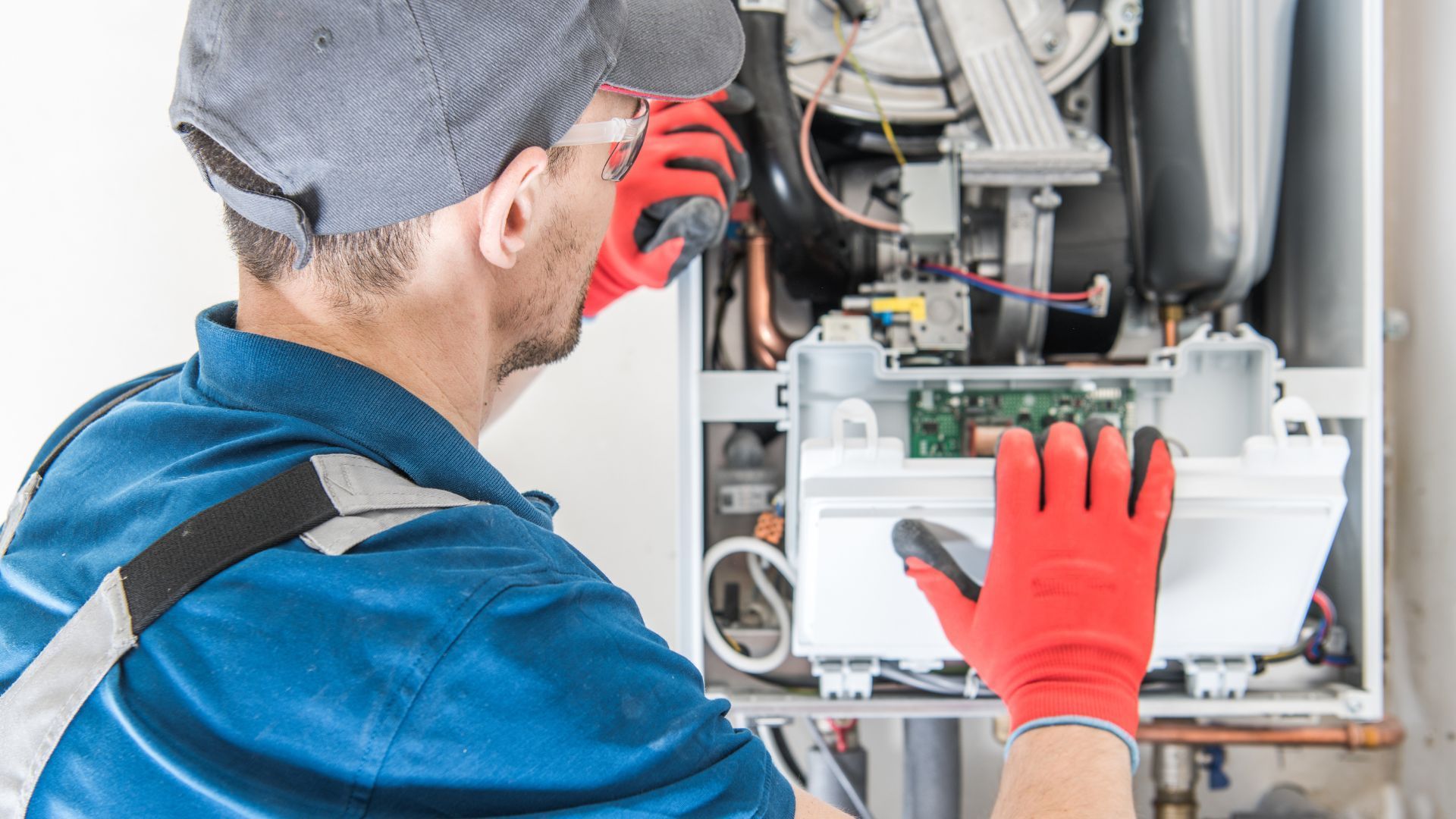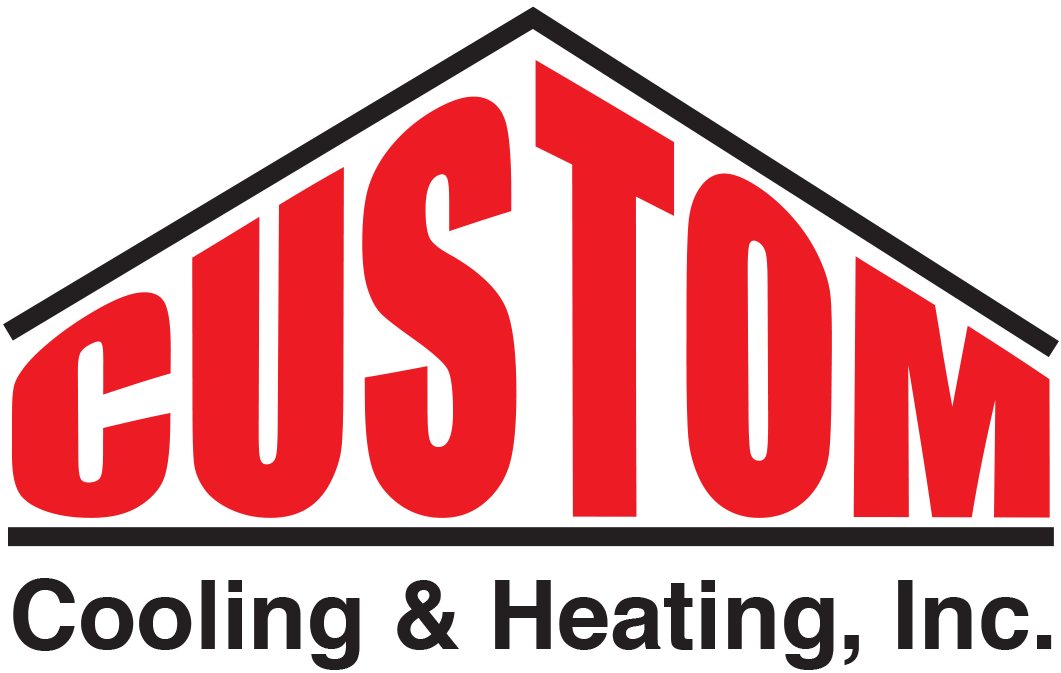Geothermal Heating and Cooling, and its Pros and Cons
As we continuously seek energy-efficient and environmentally friendly options, geothermal heating and cooling systems are becoming more popular. These types of systems use the Earth's natural heat to regulate indoor temperatures, offering a sustainable alternative to traditional HVAC methods. But before you make the switch, it’s essential to understand both the advantages and potential drawbacks of geothermal technology. Here’s a comprehensive look at geothermal heating and cooling, and its pros and cons.

What is Geothermal Heating and Cooling?
Geothermal heating and cooling systems use geothermal energy, or the Earth's stable underground temperature, to heat and cool your home. A geothermal heat pump circulates a fluid through underground pipes, absorbing heat from the ground. This process transfers heat to or from your home, depending on the season. During winter, the system extracts heat from the ground and transfers it inside. In summer, it reverses the process, removing heat from the home and transferring it to the ground.
Pros of Geothermal Heating and Cooling
- Energy Efficiency: Geothermal systems are among the most energy-efficient heating and cooling solutions available. They can achieve efficiencies of 400% or more, meaning for every unit of electricity used, they produce four units of heating or cooling.
- Environmentally Friendly: By using the Earth's natural heat, geothermal systems significantly reduce greenhouse gas emissions compared to traditional fossil fuel-based systems. They also have a lower carbon footprint, contributing to a more sustainable environment.
- Big Savings: Although the initial installation cost is higher, geothermal systems can help save you money over time. Lower operating costs and energy bills usually offset the upfront investment.
- Longevity and Low Maintenance: Geothermal heat pumps are known for their durability and long lifespan, often lasting 20-25 years for the indoor components and over 50 years for the ground loops. They require less maintenance than conventional HVAC systems since there are fewer moving parts, and no outdoor units exposed to the elements.
- Consistent Comfort: Geothermal systems provide consistent and even heating and cooling, reducing temperature fluctuations and improving overall comfort.
Cons of Geothermal Heating and Cooling
- High Initial Cost: The biggest downside of geothermal systems is the high installation cost. The high price tag is due to the installation process requiring drilling in the ground and installing ground loops, which must be custom fit to each home. However, this cost is typically recovered over time through energy savings.
- Installation Process: Installing a geothermal system requires a lot of space for the ground loops, digging or drilling. This can be difficult or impractical in certain locations, especially in urban areas with limited space.
- Limited Retrofit Opportunities: If your home isn’t already equipped for a geothermal system, retrofitting might be challenging or expensive. Retrofitting refers to changing from one heating system to another. It’s important to determine whether your home’s structure and location are suitable for this type of system.
- Geographical Limitations: The effectiveness of geothermal systems can vary based on geographic location and soil conditions. In regions with poor thermal conductivity or areas with rocky terrain, the efficiency of the system might be impacted.
- Possible Noise Concerns: While generally quiet, some geothermal systems can produce noise, particularly from the circulating pump or compressor. This is usually minimal but worth considering if noise is a concern for you.
Is Geothermal Heating and Cooling Right for You?
Geothermal heating and cooling systems offer many benefits, including energy efficiency, environmental sustainability, and long-term cost savings. However, the high initial cost, installation complexity, and geographical limitations are factors to consider. If you’re committed to reducing your carbon footprint and investing in a system that provides consistent comfort, geothermal technology might be the perfect fit for your home.
Geothermal Energy in Lincoln, Nebraska
At Custom Cooling & Heating, we believe in the potential of geothermal energy as part of a sustainable future. Our experts are here to help you assess whether geothermal energy is the right solution for your heating and cooling needs in Lincoln, Nebraska.
Contact us today to get a quote and learn more about how geothermal energy can benefit your home or business.
Read our latest articles



